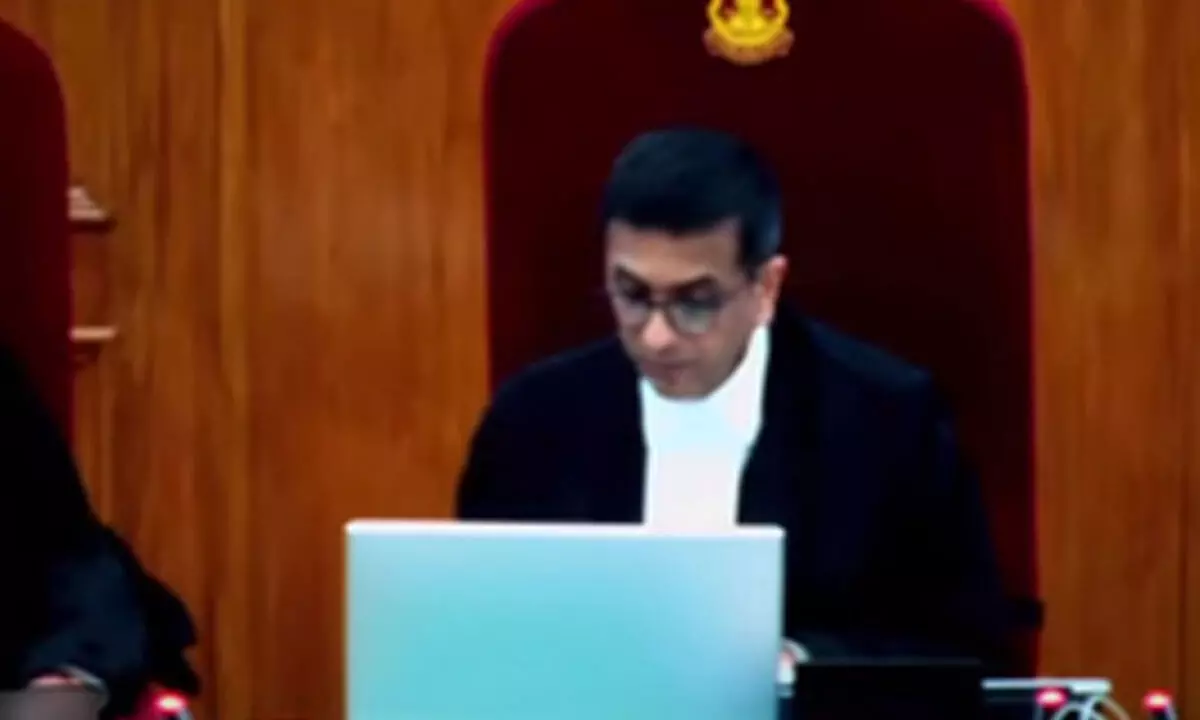SC reserves judgement, asks EC for data on funds received via electoral bonds within two weeks
Share :

The Supreme Court on Thursday reserved its order on the challenges posed to the Electoral Bond Scheme after listening to the hearing for three days in a row.
New Delhi: The Supreme Court on Thursday reserved its order on the challenges posed to the Electoral Bond Scheme after listening to the hearing for three days in a row.
The court has however, directed the Election Commission of India (ECI) to submit the details of the funds received by all the political parties through Electoral Bonds till September 30 to the court within two weeks.
A Constitution Bench headed by Chief Justice of India DY Chandrachud and comprising Justices Sanjiv Khanna, BR Gavai, JB Pardiwala, and Manoj Misra heard the arguments from both sides – the Centre and petitioners challenging the scheme.
After the Centre concluded its submissions the Bench asked the ECI to submit the data on funding received through Electoral Bonds to date.
However, Advocate Amit Sharma appearing for the ECI told the Bench that he did not have the required data.
The Bench expressed its displeasure to the ECI for not maintaining the required data despite an interim order passed in April 2019 which directed the commission to maintain the data of electoral bonds received till date.
Advocate Sharma told the Bench that the ECI thought that the April 2019 order was limited to only the electoral bonds issued in relation to the 2019 Lok Sabha elections.
However, the Bench refused to accept the submission and said that the data had to be continuously collected according to the order and said the ECI should have asked for clarification.
In the April 2019 interim order, the apex court had directed the ECI that all the political parties who have received donations through Electoral Bonds should submit to the poll panel in a sealed cover, detailed particulars of the donors and amount received against each Bond along with bank details.
The petitioners have so far argued that the Electoral Bond scheme violates the citizen's fundamental right to information under Article 19 (1) and it enables backdoor lobbying and quid pro quo; opaque instrument that is not entirely anonymous; promotes corruption and eliminates level playing field for political parties in Opposition; is unfair to shareholder of the companies.









